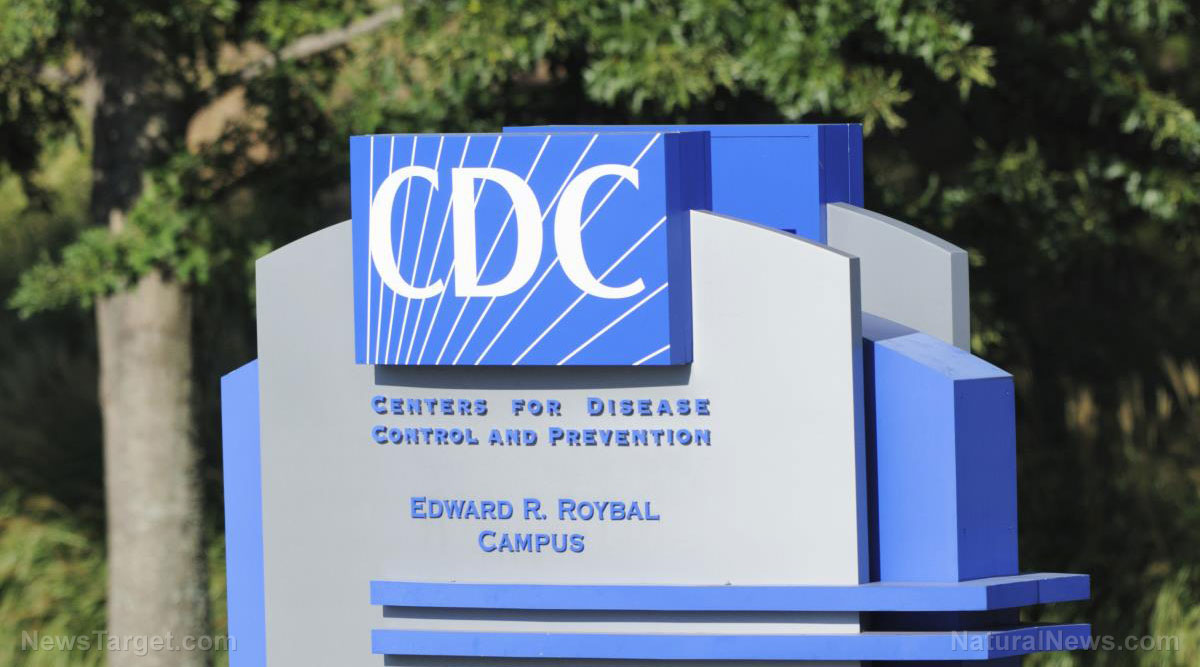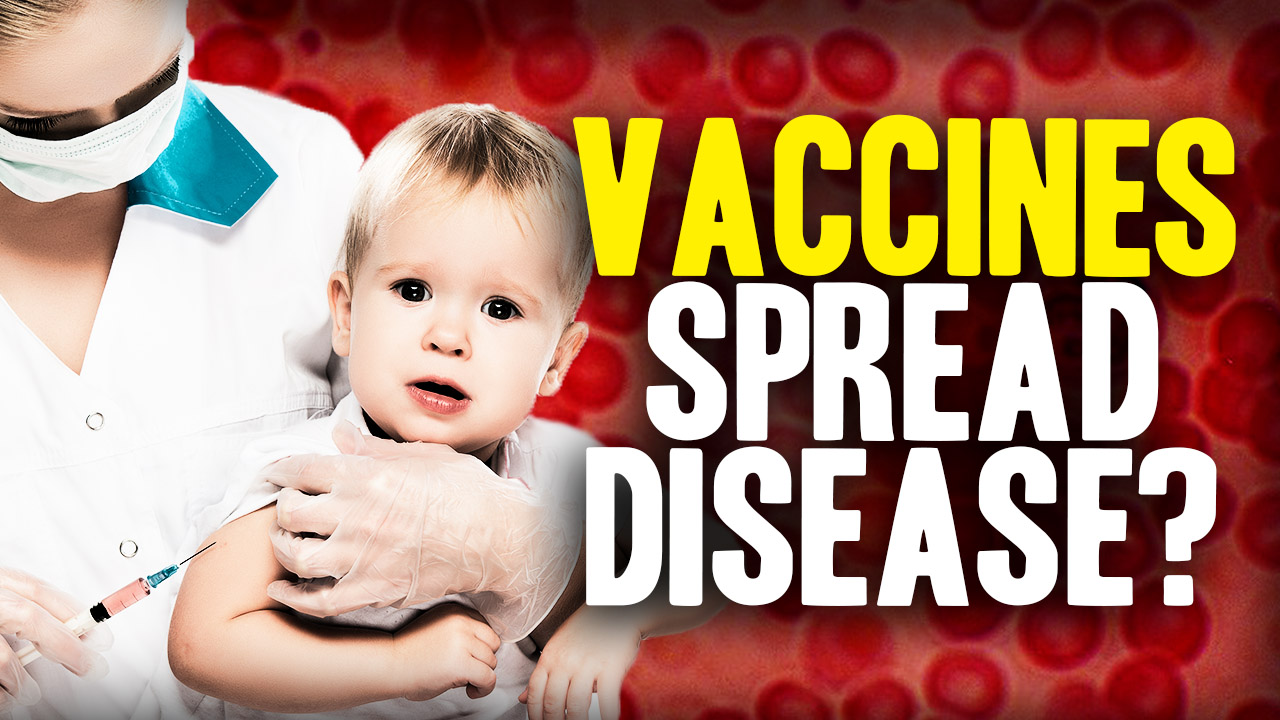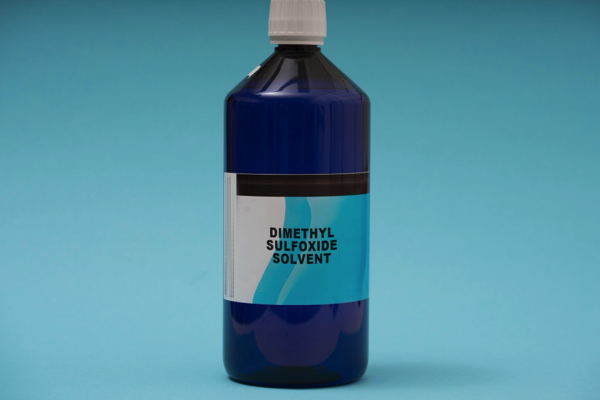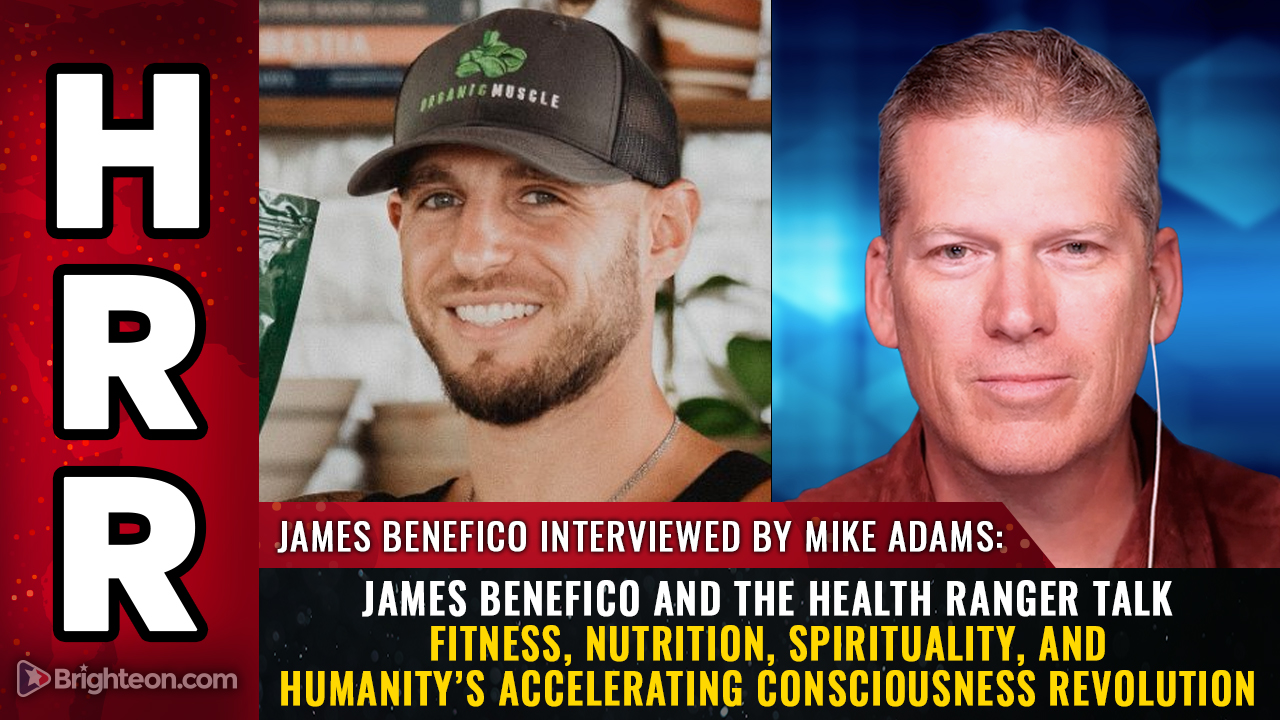Whole Foods Market forced to pull organic ground beef nationwide after E. coli contamination discovered
06/05/2025 / By Cassie B.
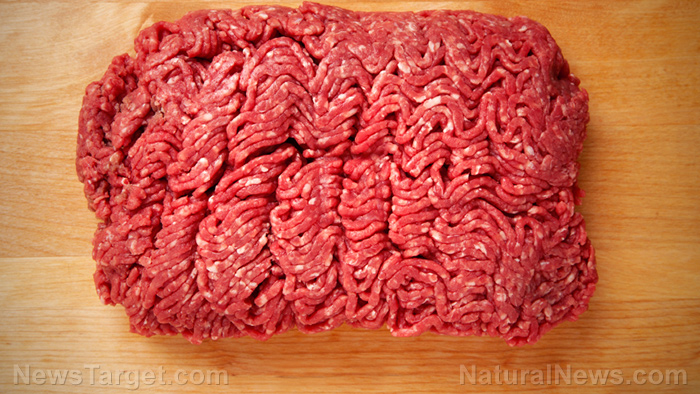
- Whole Foods recalls organic ground beef nationwide due to E. coli O157:H7 contamination found in products shipped to 27 states and Washington, D.C.
- The USDA warns consumers to discard affected beef, sold under the “Organic Rancher” brand, with specific production and use-by dates.
- No illnesses reported yet, but E. coli O157:H7 can cause severe symptoms, including kidney failure, especially in vulnerable groups.
- Industrial food processing spreads contamination risks widely, exposing flaws in food safety oversight despite organic branding.
- Whole Foods and supplier Organic Rancher face scrutiny as vague corporate statements fail to address the root cause of contamination.
In a shocking blow to consumers who pay premium prices for so-called “clean” food, Whole Foods Market has been forced to pull organic ground beef products from its shelves nationwide after testing revealed contamination with the potentially deadly E. coli O157:H7 strain. The U.S. Department of Agriculture’s Food Safety and Inspection Service (FSIS) issued a public health alert June 3, warning that 1-pound vacuum-packed packages of “Organic Rancher Organic Ground Beef 85% Lean 15% Fat” produced May 22-23, 2025, with use-by dates of June 19-20, 2025, may still be lurking in consumers’ refrigerators or freezers.
The contaminated beef, bearing establishment number “EST. 4027” inside the USDA mark of inspection, was shipped to distributors in Connecticut, Georgia, Illinois, and Maryland before reaching Whole Foods stores across 27 states and Washington, D.C. This incident exposes the unsettling reality that even high-priced, organically branded foods from trusted retailers like Whole Foods cannot guarantee basic safety from pathogens that industrial agriculture systems routinely unleash on the public.
Industrial food processing concentrates risks
The contamination was discovered only after the producer, NPC Processing Inc., notified FSIS that shipped beef had tested positive for E. coli O157:H7, a toxin-producing bacterium that can cause severe abdominal cramps, bloody diarrhea, and kidney failure. No illnesses have been reported yet, but FSIS warns symptoms may take up to eight days to appear.
This incident highlights how industrial food processing, even within the organic sector, concentrates contamination risks across vast distribution networks. A single batch of tainted meat can spread coast-to-coast before regulators or corporations act. “Consumers who have purchased these products are urged not to consume them,” FSIS stated. “These products should be thrown away or returned to the place of purchase.”
Whole Foods, owned by Amazon since 2017, markets itself as a purveyor of ethically sourced, high-quality foods. Yet this scandal proves that no corporation, no matter how “green” its branding, can be fully trusted to police food safety without independent oversight.
Cooking warnings and corporate doublespeak
FSIS reiterated standard food safety protocols, advising consumers to cook ground beef to 160°F internally and use a food thermometer to verify temperature. But these warnings ring hollow when corporations like Organic Rancher, whose parent company, NPC Processing, supplies major retailers, fail to prevent contamination at the source.
In a carefully worded statement, Organic Rancher claimed, “The root cause of the issue has been identified, and immediate corrective actions have been put in place.” Yet the company provided no details about what went wrong or why consumers should trust its products moving forward. Such vague corporate assurances are meaningless to families now forced to dump expensive organic beef over legitimate poisoning fears.
This incident is not isolated. Earlier this week, the FDA upgraded recalls of blood pressure medications and tomatoes due to bacterial contamination. Our food and drug supply chains are increasingly compromised by profit-driven industrial practices that prioritize shelf life and distribution scale over consumer safety.
E. coli O157:H7 poses particular dangers to children, the elderly, and immunocompromised individuals. Hemolytic uremic syndrome (HUS), a life-threatening kidney complication, develops in 5 to 10% of infections. Symptoms like easy bruising, pallor, and decreased urine output require emergency care. Yet FSIS relies on voluntary reporting from corporations, which means countless contamination events likely go undetected until people fall ill.
Consumers should immediately check for the affected products and discard them. Those experiencing symptoms should contact healthcare providers and report incidents via the USDA’s Electronic Consumer Complaint Monitoring System.
This scandal proves that “organic” labels alone cannot guarantee safety. Vigilance and systemic reform are urgently needed to protect public health from an increasingly hazardous food supply.
Sources for this article include:
Submit a correction >>
Tagged Under:
contamination, Dangerous, E. coli, food supply, ground beef, ingredients, Recall, toxins, Whole Foods
This article may contain statements that reflect the opinion of the author







